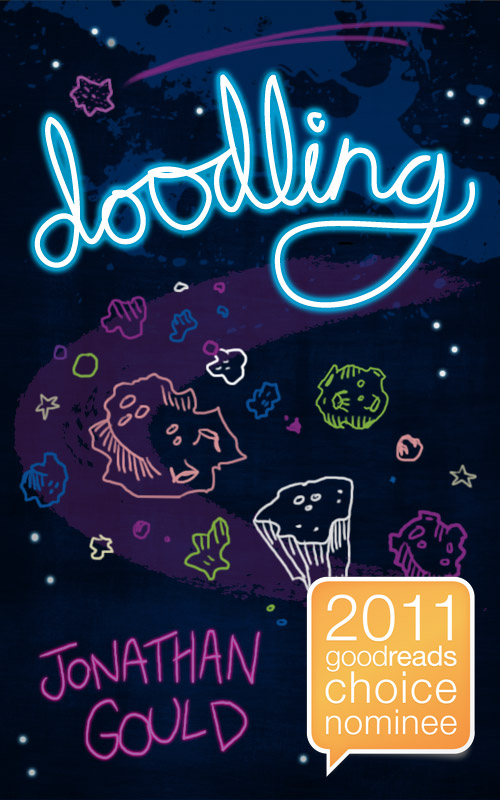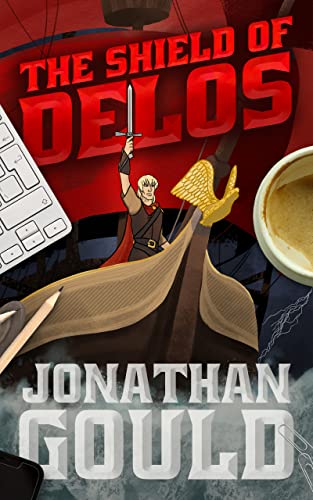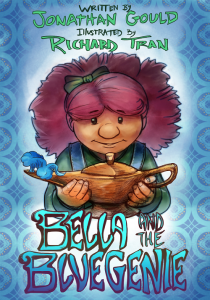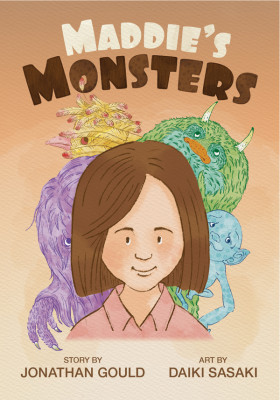Characters – they’re the live blood of any story. I’m not sure what a story without characters would be, but I am sure that it wouldn’t be a story. They’re the first thing that attracts most people to a story, and they’re the main factor in keeping readers hooked. It’s their actions that drive the narrative onward, creating an engaging plot that makes us want to turn the page and get all the way to the end.
Given the centrality of strong characters to any novel, getting them right is one of the most important parts of the writing process. You gotta know what they look like. You gotta give them some characteristics, like maybe some distinctive facial features or a strange limp when they walk, that you can use as code to help readers get who the character is. You gotta think carefully about any actions that they take, to ensure they always remain in character. And, most importantly to me, you gotta get their voice right.
Working on character voices is a central part of my work as a writer. And I reckon it’s probably the most enjoyable aspect too. Perhaps it’s because I cut my teeth writing comedy sketches, where the sound and rhythm of dialogue is important. Whatever the reason, I always try to hear the characters talking as I write, and I try to imagine how they sound.
I might even create some descriptions to help clarify the voice for me. In particular, when I was creating my epic fantasy, Magus Opum, I made a lot of effort to figure out how each character type sounded. One race, the Cherines, spoke as if they were part of a standard Tolkien-style high fantasy, but their enemies, the Glurgs, sounded more like workaday tradesmen, and a third race, the Pharsheeth, spoke like American game show hosts. Creating these profiles helped me to clearly the voices of each of these characters.
There are a number of other writers I admire for their voicing of characters. Douglas Adams (at least in his first couple of Hitch hikers books) created characters with really clear voices. To me, Ford and Arthur and Zaphod’s voices really leapt off the page. I reckon it’s because of their origin in scripted comedy that they sounded so good. J.K. Rowling is another who’s adept at character voices. One of the least commented upon aspects that I believe led to the success of the Harry Potter stories is the strong voices of the characters. I reckon being an actor in a Harry Potter film was one of the easiest jobs in the world, given how clear the character voices were on the page.
I can contrast this with writers who I don’t think are so strong on voice. It may be sacrilege to many people but I’ve always felt it was a weakness of Terry Pratchett’s writing. I found it hard to hear distinctions between his characters – I always felt they shared this kind of dithery tone. Another writer whose characters tend to sound the same is Kafka. To me, all his characters have a similar chiding kind of tone. Perhaps that’s deliberate and acts to add to the dreamlike nature of his stories. I guess I can’t ask him.
Whether you agree or not with my judgements (and I’m sure many will disagree), it doesn’t change the fact the getting those character voices is one of the most important, and also one of the funnest, tasks in writing.
Posted by Jonathan Gould and tagged as





I did not know you cut your teeth on comedy sketches. Explains a lot about your approach to and humor in your stories (and why I like so many of them). Totally agree with you on Harry Potter and Kafka. I hadn’t thought about Pratchett before…but you bring by up an interesting point…Other than the Wee Free Men, Death, and the Librarian, of course… 🙂
- LinkThanks Julianna. Agree with you on Death – easily Pratchett’s best character who always enlivens the story when he appears.
- Link